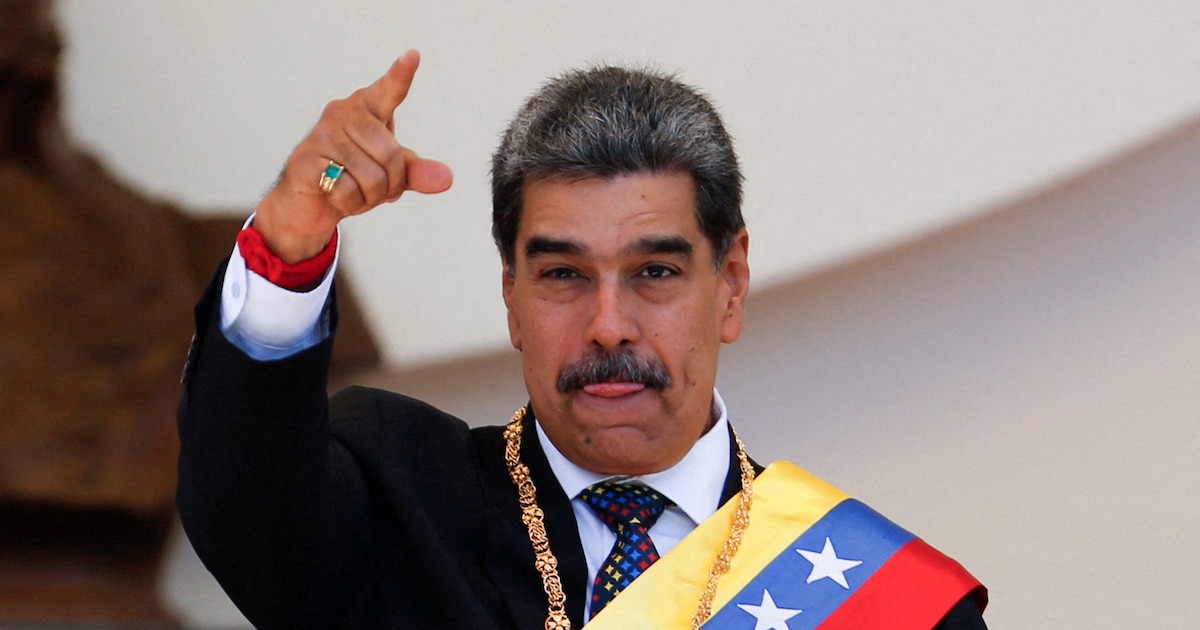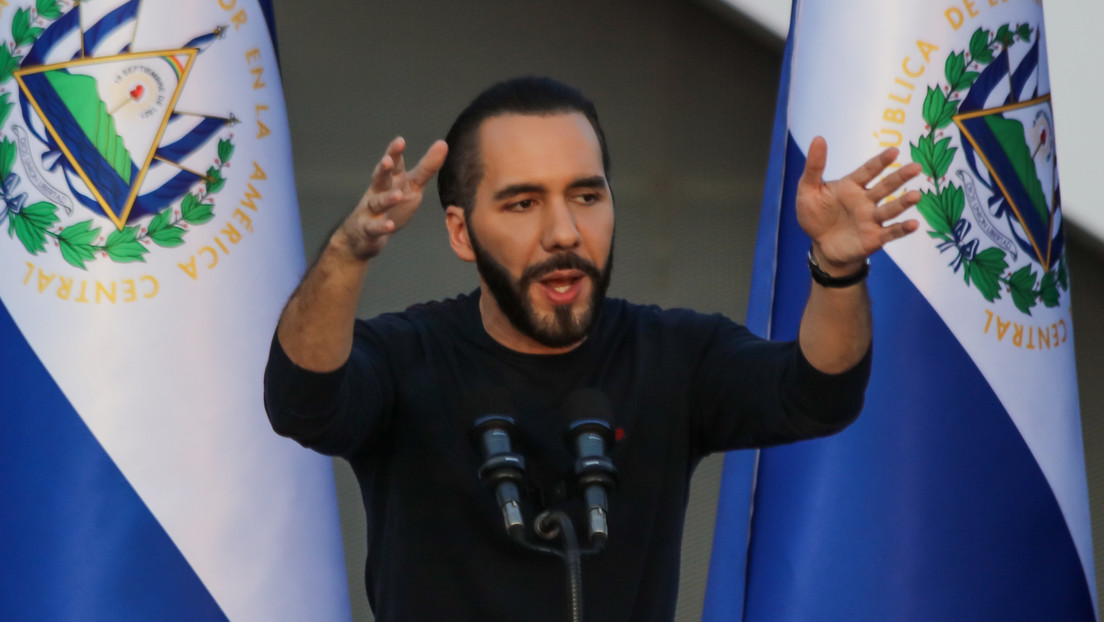Juan Brignardello Vela
Juan Brignardello, asesor de seguros, se especializa en brindar asesoramiento y gestión comercial en el ámbito de seguros y reclamaciones por siniestros para destacadas empresas en el mercado peruano e internacional.




The recent swearing-in of Nicolás Maduro as president of Venezuela for a new term has sparked a wave of criticism both internationally and from various nations questioning the legitimacy of his mandate. Amid a scenario marked by allegations of electoral fraud, Ukraine has strongly condemned Maduro's inauguration, labeling it a "farce." Ukrainian Foreign Minister Andriy Sibiga did not hesitate to assert that Venezuelans have had their decision at the polls "stolen," emphasizing the importance of respecting the civil rights and freedoms of the Venezuelan people. The Ukrainian rejection aligns with the stance of the European Union, whose leadership has expressed that Nicolás Maduro lacks the necessary legitimacy to be considered a democratically elected leader. Kaja Kallas, head of EU diplomacy, highlighted that Venezuelan authorities have squandered a crucial opportunity to ensure a transparent electoral process with guarantees. This position underscores the growing international concern over the deterioration of democracy in Venezuela. The situation becomes even more complicated with the reaction from the Government of the Dominican Republic, which also rejected the legitimacy of Maduro's inauguration. In a statement, Dominican authorities asserted that the act is the result of a fraudulent electoral process and that the results officially announced do not correspond to reality. Such reactions illustrate a growing consensus regarding the lack of credibility of the Venezuelan electoral process, which impacts the international perception of Maduro's regime. The Dominican Republic's position is reinforced by the support of President Luis Abinader, who emphasized the importance of respecting the popular will. His meeting with Edmundo González Urrutia, the opposition's elected president, highlights the Caribbean nation's support for those seeking a democratic alternative in Venezuela. This backing is not limited to words but translates into a call to restore democracy in the South American country. At the European level, concern over the political situation in Venezuela has led leaders like Emmanuel Macron to maintain active dialogue with the opposition. In recent conversations, Macron has expressed his commitment to defending human rights and democracy in Venezuela, showing particular interest in the safety of key figures such as María Corina Machado. This type of communication underscores the relevance of the international community in seeking solutions to the Venezuelan crisis. Macron, along with Brazilian President Luiz Inácio Lula da Silva, has urged Maduro to resume dialogue with the opposition. This mediation proposal suggests a path towards political reconciliation, with France and Brazil offering to facilitate a process aimed at restoring stability and democracy in Venezuela. The collaboration between these two countries highlights an international strategy that prioritizes diplomacy as a tool for conflict resolution. In this context, the willingness of the international community to assist Venezuela is palpable. The defense of fundamental rights and the search for a negotiation space for a democratic future are central aspects in the statements of global leaders. The importance of respecting peaceful demonstrations and free gatherings becomes a key message for the Venezuelan people. However, the situation in Venezuela remains complex. Allegations of electoral fraud and the repression of the opposition create an atmosphere of uncertainty regarding the country's political future. The lack of legitimacy in Maduro's inauguration may lead to increased polarization and confrontation between the government and the opposition, which could further hinder the path towards a peaceful solution. In conclusion, Nicolás Maduro's swearing-in as president has generated strong rejection in the international community, where voices from Ukraine and the Dominican Republic have pointed out the lack of legitimacy in the electoral process. The responses from leaders like Macron and Lula da Silva suggest a willingness to collaborate in seeking a way out of the Venezuelan crisis, emphasizing the importance of human rights and democracy. Nevertheless, the challenge remains: ensuring that the Venezuelan people have the opportunity to decide their own destiny in an environment of freedom and justice.



